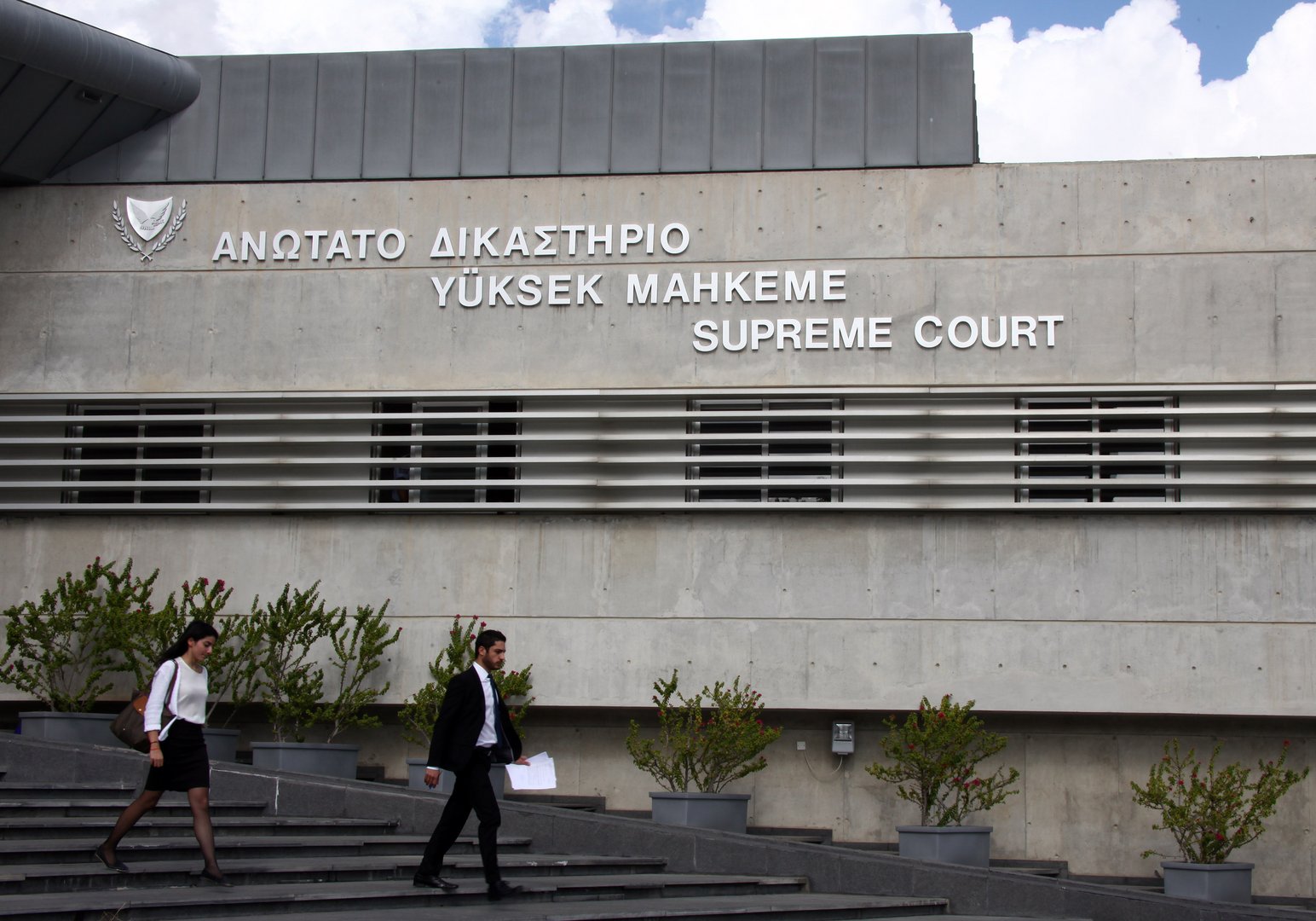Digitisation long overdue for Cyprus justice system
Proper reforms are needed to ensure justice is properly served in Cyprus, European Commissioner for Justice Didier Reynders said on Tuesday, ahead of the publication of the European Commission’s Rule of Law report later this month.
The report is expected to raise concerns about the justice system in Cyprus, with the commissioner saying Cyprus ranks last in a number of areas dealing with how justice is served, stressing the need for proper reforms and the need to digitise the justice system.
It’s not enough to have qualified and independent judges when the way justice is served fails to be effective, the commissioner said in an interview with CyBC.
“We said in our Rule of Law report last year that it is important to continue to invest in some reforms to develop better efficiency of the justice system,” he said, stressing that the Commission has engaged “huge reforms” in countries like Italy, where similar issues were noted in terms of the duration of court proceedings.
“It’s the same in Cyprus, so I’m hoping that now year after year, with the correct implementation of the reforms, we will see a reduction in the duration of court decisions,” the commissioner said. “But for the moment it’s a negative situation, it’s true”.
Access to justice is very important, Reynders stressed, agreeing that the length of court proceedings and high legal fees can deter people from seeking justice.
The key is “to maintain real access to justice for all businesses and citizens with the capacity to pay the fee, but you also need to have a system to support all the people without such a capacity,” he said.
“And I insist on this on my visit to Cyprus, like I try to do in all member states, because we have the same concern for different member states”.
Asked whether Cyprus was seen as a ‘black sheep’ in these areas, given its poor performance, he said that “the perception of citizens and businesses about the independence of the justice system is increasing, but it’s true there are some negative aspects”.
Reynders also stressed that Cyprus fails to submit annual data used to evaluate the justice system in EU countries, largely because this data has yet to be digitised – as is the case for some other member states.
“If you don’t have a digitised justice system, then you don’t have correct statistics about all the activities of the tribunals and courts,” he said, stressing that this is the main reason why the Commission insists on digitisation.
This is not only to change and facilitate the processes of justice, but also to ensure there is the capability to correctly assess the efficiency of a country’s legal system, he added.
“I’m hoping in the next few years that with more and more investment in digital tools, we will have a better efficiency of the justice system, and that it will be possible to collect data and give a correct analysis of the situation,” he said.
The report recommends the development of alternative dispute resolution methods, such as arbitration and mediation, that will speed up proceedings by eliminating the need to go to court.
“We tried to develop some online systems to organise dispute resolution, and again for Cyprus, it’s an important reform that just needs to be put into place to try to develop all kinds of systems that will solve different disputes before they go to justice,” he said.
The commissioner added that he has asked for member states already making use of these methods to exchange their best practices with countries that are not, such as Cyprus.
Looking forward, Reynders said that the next Rule of Law report will assess the implementation of this year’s recommendations, depending also on reforms coming through new legislation and budgets.
Cyprus Bar Association vice-president Giorgos Christofides echoed and confirmed the commissioner’s statements, saying that digitisation is long overdue for the Cyprus justice system.
He also expressed the hope that reforms will solve a series of issues that have been affecting legal processes for many years.
Reynders also said the EU Commission was evaluating a new tranche of data sent from Cyprus over the amount of Russian property on the island that has been frozen.
He said the initial information sent from Cyprus revealed some €1 million of assets were frozen. Nonetheless, there is currently a procedure in check to explore whether the real figure is €1.2 billion, on the basis of new data sent to Brussels.







Click here to change your cookie preferences